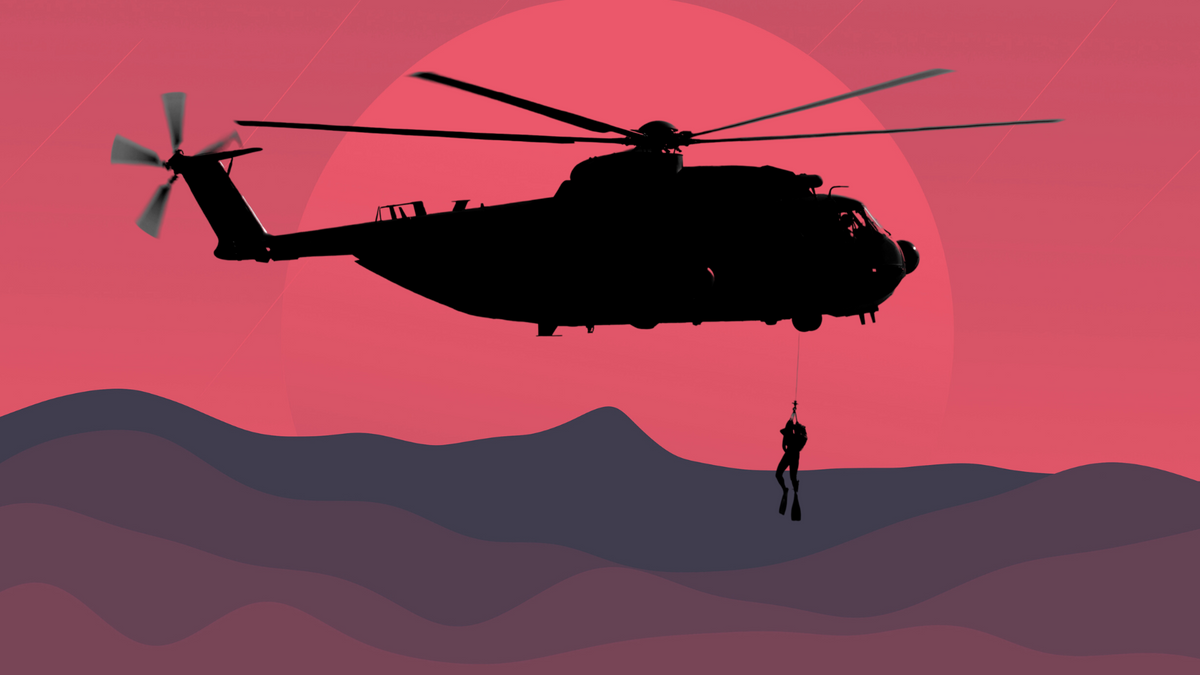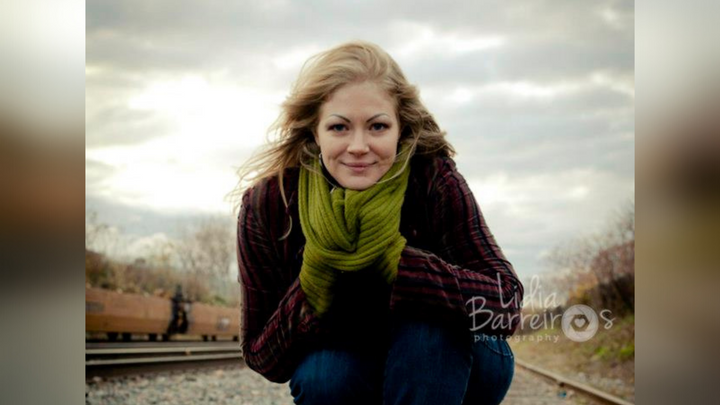No Coordinated Rescue Efforts for Women Trapped In Violent Relationships
Reflections on the Thai Cave Rescue

I’m driving home from a back-alley meeting with a young immigrant woman being beaten by her husband. As always after such meetings I’m feeling a bit depressed. I switch on the radio. There’s good news out of Thailand. Every last one of those kids trapped in the flooded cave has been rescued. The plight of the luckless soccer team has dominated the news for weeks and it seems the whole world is rejoicing.
It’s the summer of 2018. The 12 boys and their coach became entrapped after sudden torrential rains flooded the cave they were exploring. Continuous rains, rising floodwaters and strong currents hampered rescue efforts, and hope was running out. But support poured into Thailand from around the world, with at least 15 countries and 10,000 people participating in the complex and dangerous rescue. Nine hundred police officers, 2,000 soldiers, 100 divers and 100 governmental agencies took part. International cave divers, Thai Navy Seals, helicopters, drones, robots and sniffer dogs were employed. By the seventeenth day, the entire team had been saved. Massive goodwill and heroics had achieved the impossible.
I shed a few tears myself—but my mind is elsewhere. I can’t help thinking about all the women around the world trapped in abusive homes and marriages with no hope of rescue. I can’t help thinking about who gets rescued and who doesn’t.
The woman I’ve just met is in a perilous situation too, but there will be no massive outpouring of sympathy on her behalf, no coordinated effort to save her. In fact, no one will come for her at all. Valiantly though she will try to navigate the rising floodwaters, clawing her way over every obstacle thrown in her path, she will find the exits consistently blocked.
Our connection is remote. She’s the neighbour of a friend of a friend. Recently she knocked on her neighbour’s door, lifted her shirt and revealed her bruising. The neighbour didn’t know what to do so asked her friend. The friend didn’t know what to do so asked me, knowing I have many years experience helping women escape violent marriages.
We meet at a location her husband would not suspect. She has her two kids with her. The older one plays quietly as we talk. A newborn sleeps peacefully in her arms.
She tells me her story. She entered marriage as naively as the boys entered the cave—lured by its promises, oblivious to its dangers. Her husband was kind in the beginning, and when he received a job offer in Canada she followed him hopefully, but soon he revealed a different side. He began to control and demean her and treat her like a servant. He confiscated her phone, denied her access to the computer, prohibited her from driving; forced himself upon her.
Soon there were two children, his tirades turned to rages, and he began to beat her. She has grown increasingly depressed and longs to return to her family and raise her kids in peace. She told her husband she wants out of the marriage.
“You are free to go,” he replied. “But you are not taking the children.”
With these words, she has become entrapped. The rains begin. It will rain and rain and rain until the entire system is flooded, blocking her way out.
It’s not just that she cannot prove his cruelty, nor that she lacks the financial resources to fight back. It’s that society, police, courts and child protection agencies will throw their support and resources behind him, his rights, his freedoms.
The baby advises his mother it is lunch time. She nurses him lovingly as she asks my guidance, her face lined with fear. How can she free herself from this soul-destroying marriage? Can she return to her family and raise her kids in peace?
I take a deep breath. Like a doctor about to deliver bad news I know what I have to say will make her more afraid, but I stopped giving battered mothers false hope the day I recognized that nothing will be done to actually free them from their partner’s tyranny. No judge in this country will allow a woman to take her kids and move away contrary to the father’s wishes, no matter how brutally she has been treated.
Canadian courts place a high priority on maintaining men’s contact with their kids. While this might seem like a good idea on the face of it, what it means in practice is that men’s rights to their children take precedence over the health, rights and freedoms of the women they have brutalized.
It means that a man can torture, confine and surveil his partner, even threaten her with death, and still control her after separation. Abused women are forced, “for the sake of the children”, into ongoing contact with their batterers. They continue to live in fear of the ex-partner’s next move, of being assaulted on access visits, of harm befalling their children. Wounds inflicted in the marriage never heal because the violence and threat has not ended, kept alive by court order.
She burps the baby and switches him to the other side.
“Maybe I can go home for a visit and just not come back,” she says.
I explain that, like a slave tethered to her master, she can make a run for it, but eventually she will be caught and returned, and the courts tend to be very punitive with mothers who take action without or in spite of the court's direction.
“I am trapped,” she says.
“Yes, you are,” I say.
I’m not saying we do nothing for battered mothers. We’re prepared to help them cope, adapt, hide and so on. We give them shelters, safety plans, personal alarms, self-defence courses. We’re prepared to help them cope. We’re just not prepared to free them.
When she was a child, American suffragette Elizabeth Cady Stanton took scissors to the law books in her judge father’s library, cutting out all the passages that made women cry. Her father explained that cutting out the texts would not remedy the evils she complained about. What was needed was new laws.
I give the woman the usual contact information for shelters, lawyers and supports. But as a feminist counselor, I also give her a crash course in sociology. I explain that we live in a patriarchy, a system of government where men hold the power and women are largely excluded from decision-making. Millions of women on the planet are in the same boat as her, trapped with their children in abusive marriages with no hope of getting free so long as the laws favour men.
The first step in any woman taking back her power is to recognize that the limits placed on her life are unjust; that the laws that limit her freedom are man-made and can and must be challenged and changed.
I switch off the radio, pondering how the world came together magnificently to save 12 imperilled boys and their intrepid coach. If we’ve learned anything from Thailand, it’s that where there's a will, there’s a way. Could we care enough about women caught in violent relationships to actually free them and their children from further pain and suffering?
Only when we know about the violence women and girls face are we able to make a difference. Help us expose male violence by becoming a monthly donor! The generous support of our readers helps to pay our all-female staff and writers.
Enter your email below to sign in or become a 4W member and join the conversation.
(Already did this? Try refreshing the page!)





Comments